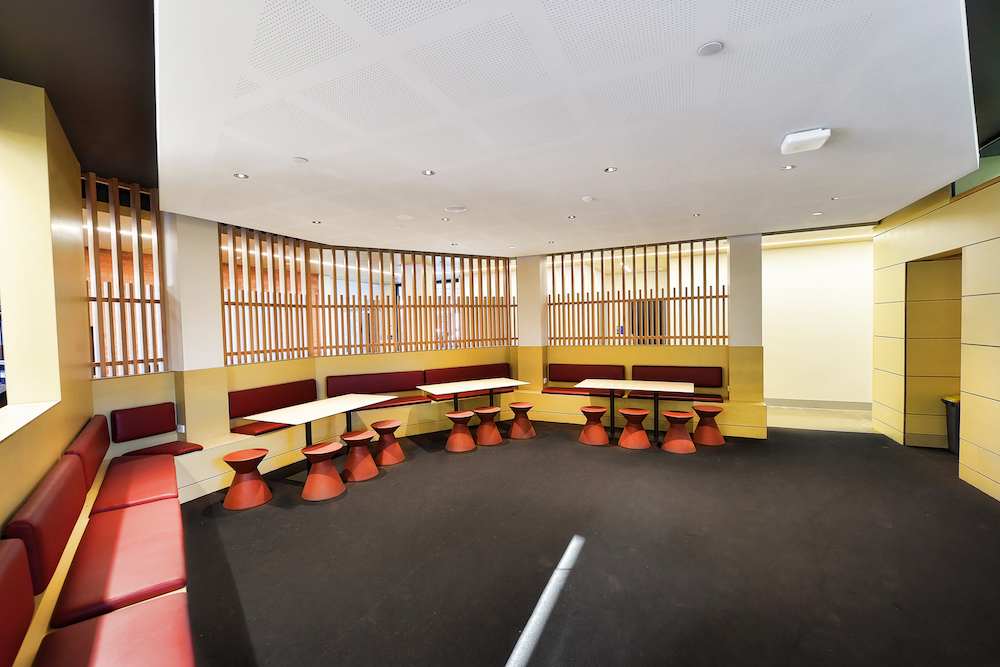
An article by Andrew Pierpont, president of the Australian Secondary Principals’ Association (ASPA)
Quality education is essential to national future growth. “The quality of schooling in a country is a powerful predictor of the wealth that countries will produce in the long run.” (Hanushek and Wössmann, 2015). Strongly supported school leadership is crucial to driving sustained improvement in educational outcomes and innovation for the future. High quality school leadership is essential to get the best from our teachers in order to maximise student learning (Nairn 2017).
Recently The Australian Principal Occupational Health, Safety and Wellbeing Survey 2017 Data was released – this being the seventh year in a longitudinal study (Riley 2017).
The report by Riley suggested several recommendations:
- Since no single stakeholder group is responsible for the state of education in Australia, the power to effect change on the system must emerge from joined-up collaborative action from the various stakeholder groups.
- Many issues impacting negatively on the education system are entrenched in the wider Australian culture
- Taking a long-term, rather than short-term focus is essential for significant improvement in the system.
- Taking a holistic inquiry approach to both the successes and failures in the Australian education system is also essential. We can learn a great deal from both if we do not limit our gaze or look for quick fixes.
- De-politicising education at the macro and micro-political levels will promote equity, continuity and transparency. For example, the politicisation of the Gonski report (2011), universally agreed by educators to provide a sensible and equitable way forward in education, should have set the conditions for a decade of educational development. Instead, it is suffering the fate of many educationally sensible reforms in Australia and its potential is being diminished. This becomes demotivating to educators. It is an example of the ‘moral harassment’ suffered by educators (Burens, 2015).
- Australian education needs a change of mindset: moving beyond sectorised thinking. The problems and the solutions are very similar in all sectors so the differences between the sectors are more superficial than substantive. The variation in social capital inside schools demonstrates that simple resourcing, while important, is not going to fix intractable issues. A change of mindset is essential.
These recommendations are strongly supported by the Australian Secondary Principals’ Association (ASPA).
Riley (2017) went on to further comment,” This change of fundamentals in Australian education systems might be difficult, particularly point five, but together they hold the greatest chance of long-term success, and there is strong international evidence to support it.”
Although all recommendations are important, recommendation five has significant potential for meaningful impact. Over the last four to five years, ASPA has been a leader in the field of School Leader wellbeing; going from innovative to accepted practice. The practice of school leader wellbeing, however, remains differential across the educational jurisdictions within Australia.
It is the strongly held view of ASPA, that consistent philosophical, professionally supported and appropriately funded programs to enhance school leader wellbeing are central to increasing school leader effectiveness, student performance and for many of rural and remote schools, community stability. Riley (2017) went onto say – “a whole of government approach to education. This would mean the federal government, states and territories combining to oversee a single education budget in a managerial way. All school funding should be transparent so that anyone, at any level of the system can confidently know how much money they will have at their disposal, so budgeting can be long term. The role of government should be to fairly set the global amount, not specify the detail of how it is to be spent. That should be the role of specialist education bureaucrats working collaboratively across jurisdictions. The current mixed jurisdiction model is antiquated, complex, obscure and difficult to traverse. Australia needs bipartisan and cross-jurisdictional agreement regarding school funding and a transparent mechanism that is simple to understand. This may be seen as a naïve recommendation, but the demolition of the Gonski funding model also had a significant symbolic as well as financial impact on schools. When everyone knows things will change significantly whenever governments do, it is demotivating for the educators. We need highly motivated educators, if we are to have the best school system possible”.
The notion school leader wellbeing transcends the political cycle. All levels of government, must commit to a way forward and stay the course. ASPA very strongly calls for governments, at all levels, to focus on authentic collaboration, trust-based responsibility, professionalism and equity to build genuine engagement in finding solutions to the school leader wellbeing challenge we currently face (after Riley 2017).
References
Hanushek and Wössmann, 2015, Universal Basic Skills: What Countries Stand to Gain Centre for Education Statistics & Evaluation Research, 2015, Effective Leadership, Learning Curve, Issue 10
Nairn, R (2017) Why become a Secondary Principal? – in Education Matters
Riley, P (2018) The Australian Principal Occupational Health, Safety and Wellbeing Survey 2017 Data Australian Catholic University
Caption
Australian Secondary Principals’ Association
president Andrew Pierpont







